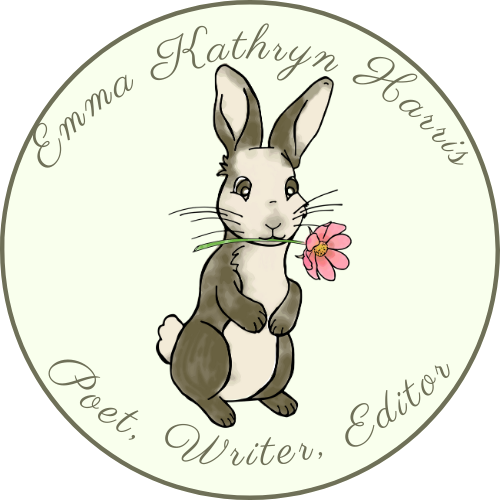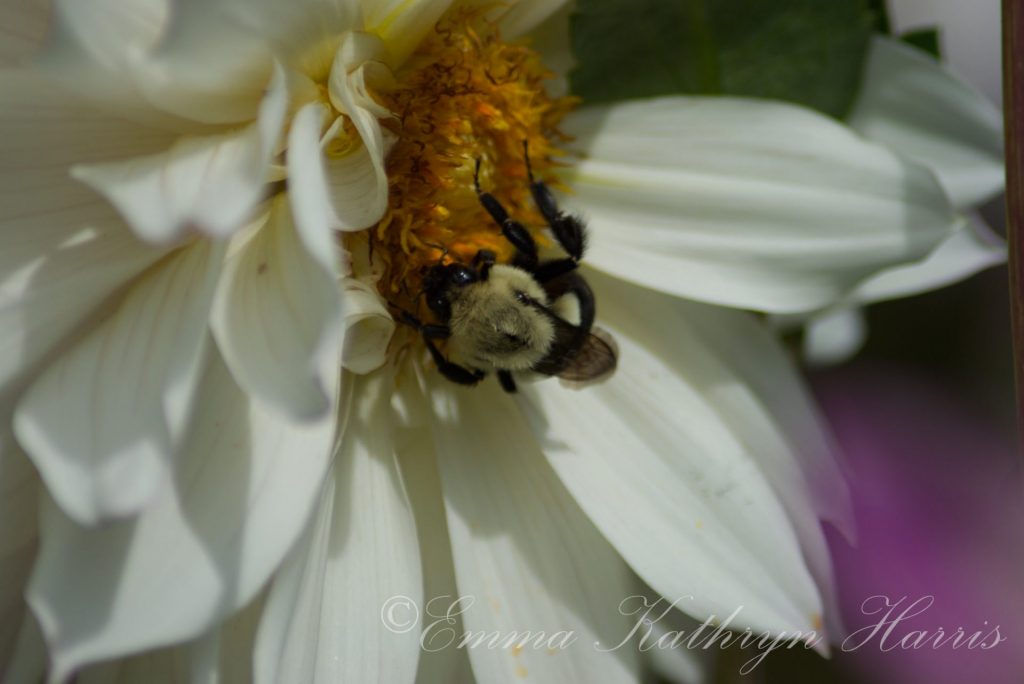You don’t start out writing good stuff. You start out writing crap and thinking it’s good stuff, and then gradually you get better at it. That’s why I say one of the most valuable traits is persistence.
Octavia E. Butler, author
Years ago, I wrote my first novel when I was about 18 years old. It never saw the light of day, for which I am grateful. Since then, I’ve written countless pieces for journalism, communications and marketing, including news articles, blogs, creative content, and newsletters, as well as more manuscripts and poetry.
If I were to look back at my earlier work, I would notice a drastic change in my writing. Each manuscript, blog article, or case study improves the more I write and learn. I don’t necessarily have to look back (I’d kick myself anyway if I did) because I see the improvements in real time.
When you get better, you just know it.
Many of us realize, I think, that when we look back on a skill we’ve been honing for years, that we’re better than when we first started. That’s because when we’re good at something, and we enjoy it, we strive to do better.
If you’re a writer and you review your writing from a couple years ago, five years ago, 10 or more, you should see improvement. If not, you might want to consider another profession or hobby. But you’ll notice things in the writing—your style, grammar, punctuation, voice, flow—that you’ve improved and you’re proud of. And you might be a bit embarrassed by your earlier work and wonder, “what was I thinking?”
Your writing quality, and your speed, improve over time.
Writing more improves our skill
One of the reasons your writing is better is because you continue to write consistently. Maybe daily or weekly, but you are constantly writing and learning.
This is with any kind of artistic ability or skill, whether a painter, photographer, musician, gardener, or cook. Doing more of what you love or do for a living strengthens your abilities. You learn and you grow.
If you want your writing to improve, write a little every day. Write in a journal, write a poem, or jot down a few notes from observations as you see them. And if you are writing something on the serious side which clutches a lot of brain cells, set it aside and write something imaginative or silly to give your brain a reboot.
When you get better, you just know it.
Sometimes if I’m composing an essay, for example, I might need to put it aside and recalibrate my brain in a different direction for inspiration. So then I will write a blog post or a scene in a story I am writing. The point is to make sure that I am being creative by writing something…anything.
Your later edits will smooth your first draft gibberish. But at least you have something to work with.
As always, the best way to learn is to do.





